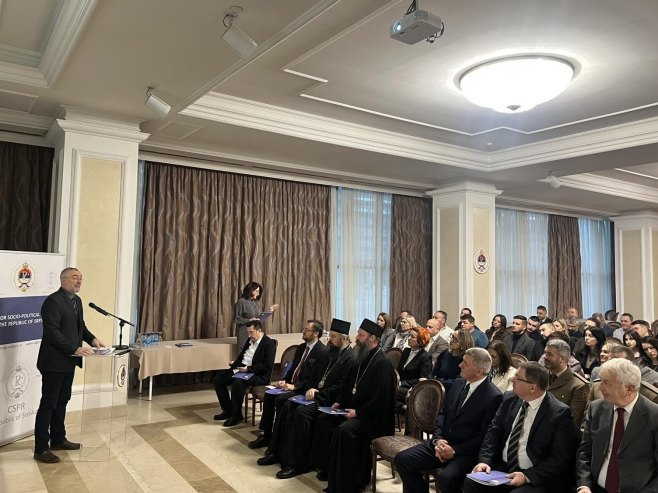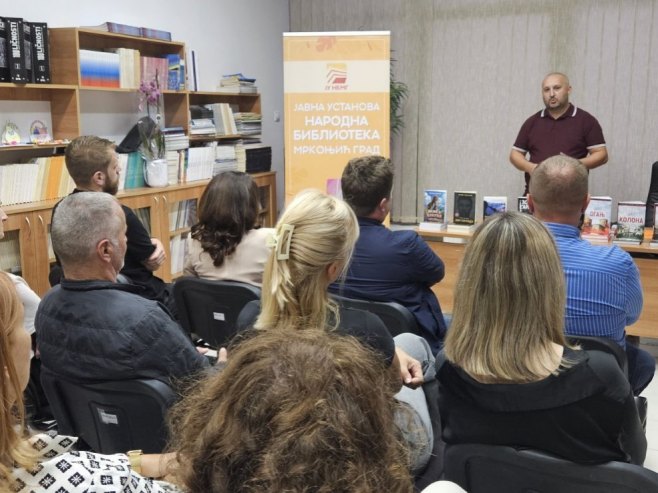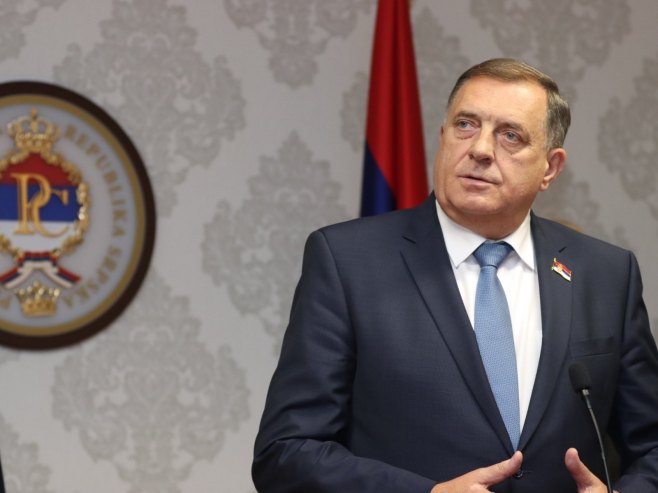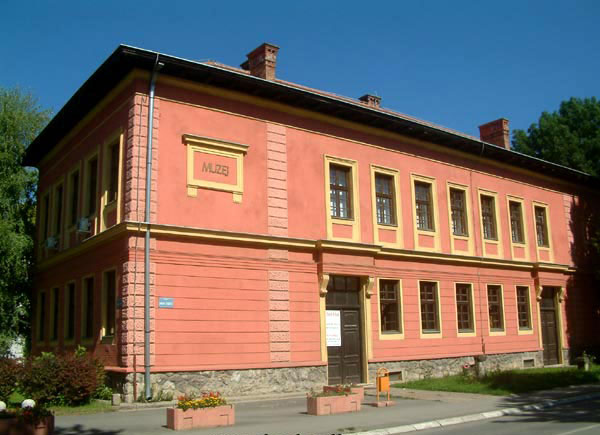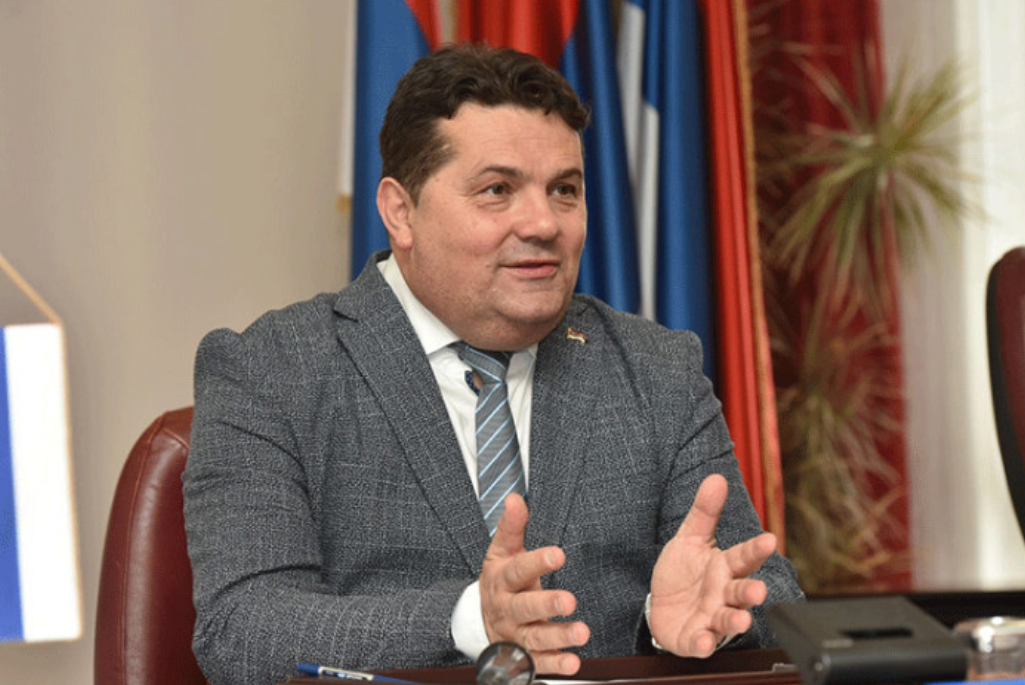Today, the President of Serbia, Aleksandar Vučić, announced that an operations center has been established at Serbia’s United Nations Mission in New York, which focuses on the efforts to counter the adoption of the Srebrenica resolution, stating that although Serbia’s chances are slim, the country will fight vigorously.
“Our chances are not great, but we will fight for Serbia and, believe me, the people will see the results,” Vučić stated on social media.
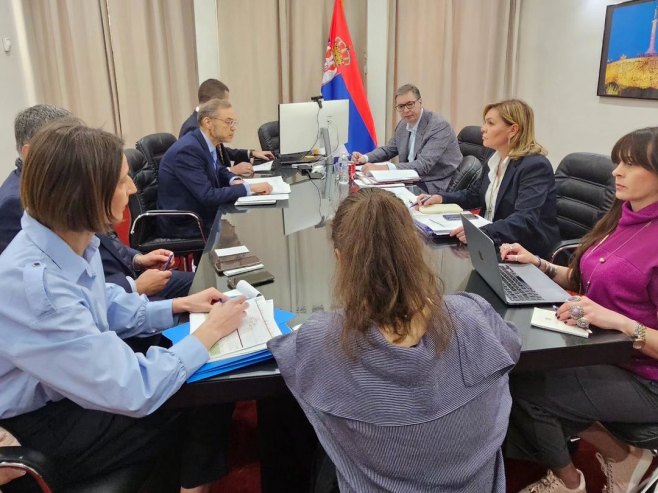
He announced that a video conference with officials in Belgrade would begin shortly.
“A real operations center has been set up in our UN Mission in New York. A video conference with our team in Belgrade will start soon, followed by meetings with more than 120 permanent representatives from various countries at the UN,” wrote Vučić.
Vučić is currently in New York, where he will represent Serbia at the United Nations Security Council meeting on Monday. This meeting will review the regular semi-annual report by the UN Secretary-General António Guterres on the operation of UNMIK.
During his stay in New York, he will also conduct numerous consultations with representatives of UN member states to explain Serbia’s position regarding the proposed Srebrenica resolution.
Vučić commented before his trip that adopting such a resolution would further strain regional relations and that Serbia would utilize all its resources to combat the resolution’s adoption.
Earlier today, Serbia’s Ambassador to the USA, Marko Đurić, told Tanjug news agency that the operations center would work around the clock to manage the situation regarding the resolution’s potential adoption. Đurić emphasized that Serbia is urging the proposers and sponsors of the Srebrenica resolution to withdraw it to facilitate reconciliation in the region and to prevent the politicization of this sensitive issue.
He noted that the interests behind the resolution are primarily geopolitical.
“This resolution could exacerbate problems in an already sensitive region,” Đurić stated, adding that it is a quintessential regional issue.
Đurić pointed out that there were no consultations on the draft resolution, which is notably not being introduced on the anniversary of the crime but between the 28th and 29th anniversaries.
“When the Resolution on the Genocide in Rwanda was adopted, it was first discussed in the African Union, and consultations were held when the United Nations adopted the general Resolution on Genocide, co-sponsored by Serbia and Bosnia and Herzegovina. When there is dialogue, a solution can be reached,” emphasized Đurić.
He conveyed that the resolution aims to politically label one party severely.
Đurić reminded that Serbia has clearly condemned the crime in Srebrenica, that two Presidents of Serbia have paid their respects to the victims in Srebrenica, and that President Aleksandar Vučić, then Prime Minister, was attacked by extremists in Potočari. He also recalled that the Serbian Parliament had adopted a Declaration on the Crime in Srebrenica.
“This is a delicate topic, it is important that we do not divide and that we do not reopen old wounds,” he highlighted.
Đurić stated that he and President Vučić would have dozens of meetings with European and world leaders in New York to try to garner support so that the resolution does not receive the necessary majority.
“It is clear that there will be no consensus on this topic,” he added, noting that the Serbian delegation’s goal is to ensure that the majority of countries do not support this resolution. He emphasized that the battle would not be simple, but intensive efforts are being made to clarify the background of this issue.
He mentioned that Serbia’s voice would be heard far and wide, despite being numerically small and in a challenging geopolitical situation.
“Citizens should know that we have decided not to bow down, not to accept a political hot potato in the international arena. We show at the same time that we respect the victims, but we also have backbone and dignity and are committed to regional peace,” Đurić concluded.
Source: RTRS

